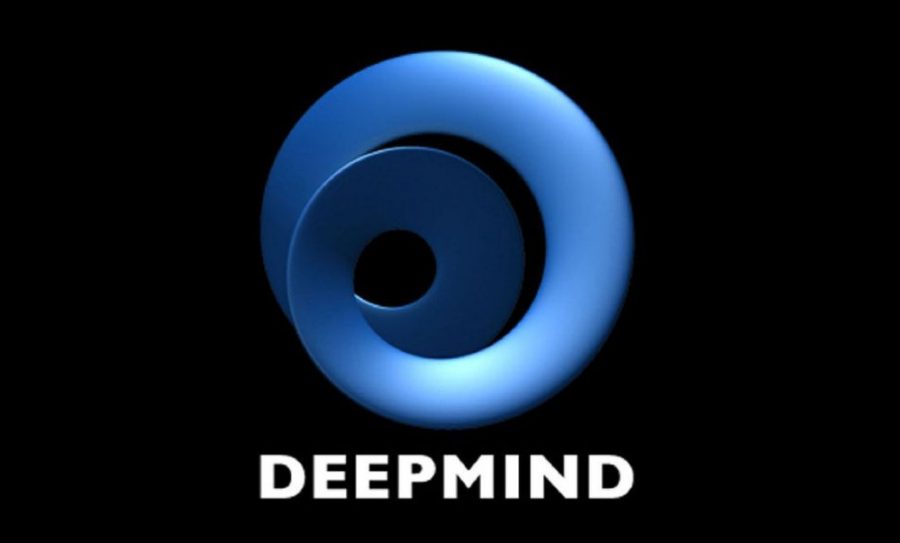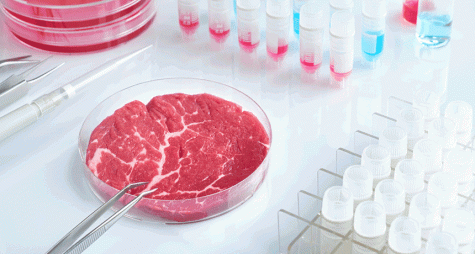DeepMind Artificial Intelligence Makes a Breakthrough in a Decades-Old Protein Folding Problem
In the last decade, interest in Artificial Intelligence software has been increasing. Currently, nearly 40% of Americans say that they are supportive of efforts to continue developing new AI technologies. It is reasonable to assume that this support has grown as AI has been introduced into services that we use everyday. It is common knowledge that AI is responsible for shaping the ways that we use the internet. However it is easy to forget just how complex and powerful some AI software has become. Companies like Google are not only using artificial intelligence to recommend Youtube videos to you, but also to solve questions which the traditional scientific community has been unable to answer, such as the Protein Folding problem.
Proteins are chains of amino acids which are responsible for the biological processes that make life possible. Proteins are capable of performing a nearly infinite number of different functions, and the function that an individual protein performs is in large part determined by its three dimensional structure. Thus, determining a protein’s 3D structure allows us to understand what it does. For decades, scientists have been able to advance their knowledge of the basic processes essential to life by analyzing protein structures using laboratory techniques such as X-ray crystallography. Unfortunately, using these laboratory oriented methods to analyze and map the structure of proteins is time consuming and painstaking work. The inefficiency and impracticality of the currently available laboratory technologies has become known as the Protein Folding Problem.
For a long time, specialized groups of computer scientists have been trying to develop an AI program that is capable of accurately determining the structure of a protein using its amino acid sequence, and although some have been partially successful, no software has been able to predict a protein’s structure with sufficient accuracy to compete with traditional laboratory methods. Four years ago, the Google-owned company DeepMind began working on an Artificial Intelligence program to compete with the others already being developed. Their first program, named AlphaFold, was able to produce the most accurate prediction of a 3D protein structure ever generated by software. The program uses publicly available data about amino acids and proteins to attempt to guess the structure of the unknown protein using its amino acid sequence. It iterates the process, using what is, in essence, a complicated version of guess-and-check to settle on a final structure. Unfortunately, AlphaFold still failed to achieve sufficient accuracy to be used in a practical setting. In 2020, DeepMind developed a new piece of software, named AlphaFold 2, which was able to predict the structure of a protein with greater than 90% accuracy. This level of accuracy means that AlphaFold 2 is sufficiently accurate to be used in a practical setting.
While the program is far from perfect, AlphaFold 2 can now do in days what used to take scientists years using traditional methods. The potential applications of the software are numerous. AlphaFold’s models are already being put to use as part of a project which aims to understand better how signals are transmitted across cell membranes. Ultimately, DeepMind hopes that its software will be useful in increasing the speed of drug production and augmenting our understanding of certain diseases and other ailments.
Source:
https://deepmind.com/blog/article/alphafold-a-solution-to-a-50-year-old-grand-challenge-in-biology

Grade: 12
Years on Staff: 4
Why are you writing for The Flintridge Press? I hope to improve my writing skills, enhance my ability to collaborate...












